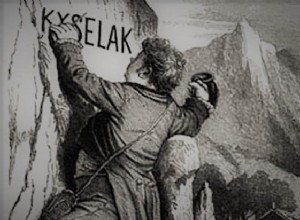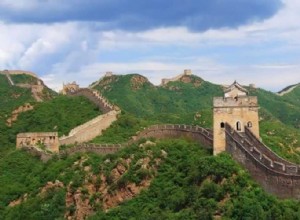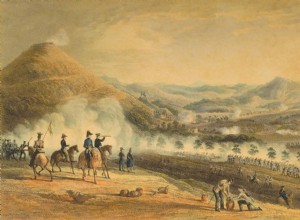Art is known to be a matter of opinion. What is a true feat for one is just the useless scrawl of some drunken idiot for another. And if were being honest, it often is. In the world of street art and graffiti, this problem is particularly pronounced. Nothing angers a seasoned street artist more than




